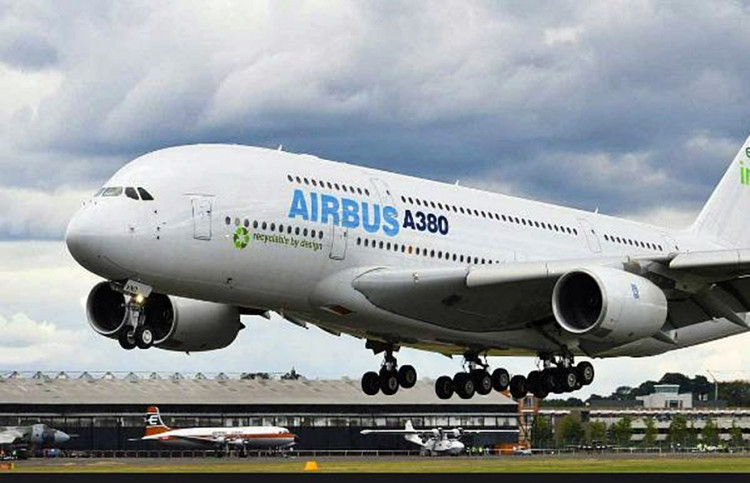The European Union (EU) Thursday authorized its negotiators to begin formal trade talks with the United States in the hope of averting a new trade war president Donald Trump appears intent on igniting.
The new impetus to this move was Trump's renewed threat on Tuesday to impose further tariffs on $11 billion worth of EU products related to a long-running subsidy dispute concerning Airbus SE. The World Trade Organization (WTO) ruled against the EU on this issue, which led Trump to tweet about imposing new tariffs on EU goods entering the U.S.
Trade tensions between the EU and the U.S. flared Monday after Trump said he's considering $11 billion worth of retaliatory tariffs on a range of goods in response to illegal subsidies the EU granted to Airbus.
The European Commission (EC), which coordinates trade policy for the 28 member EU, sought clearance for two negotiating mandates. One mandate is to cut tariffs on industrial goods, while the other intends to make it easier for companies to show their products meet EU or U.S. standards.
The European Union and the United States agreed to hold off on a tariff war last July when Trump agreed backed away from imposing punitive tariffs on EU cars. On the other hand, U.S. tariffs still remain on EU steel and aluminum.
On Tuesday, Trump threatened to impose further tariffs on $11 billion worth of EU products related to the Airbus WTO case.
The EC has repeatedly said it will not discuss tariffs or barriers to trade in farm products. It is, however, willing to discuss cars which will place it on a collision course with Washington. The Trump administration wants comprehensive agricultural market access in the EU.
Germany wants to begin the motor vehicle talks to prevent U.S. tariffs on Volkswagen, Mercedes maker Daimler and BMW. Germany's exports of cars and parts to the United States constitute more than half the EU totals.
U.S. Trade Representative Robert Lighthizer has drawn-up a list of $11 billion worth of EU products for tariffs. These products range from large commercial aircraft to dairy products and wine and are being targeted in retaliation for European subsidies to Airbus.
It said it estimates "the harm from the EU subsidies as $11 billion in trade each year," although the amount is subject to arbitration at the WTO. The result of this binding arbitration is expected this summer.
For its part, the EC started to craft plans to retaliate over subsidies for The Boeing Company. Some analysts see the Airbus-Boeing dispute as for the start of a tit-for-tat conflict to which Trump could levy auto tariffs by May at the earliest.
"The EU is confident that the level of countermeasures on which the notice is based is greatly exaggerated. The amount of WTO authorized retaliation can only be determined by the WTO-appointed arbitrator," said the EC.






